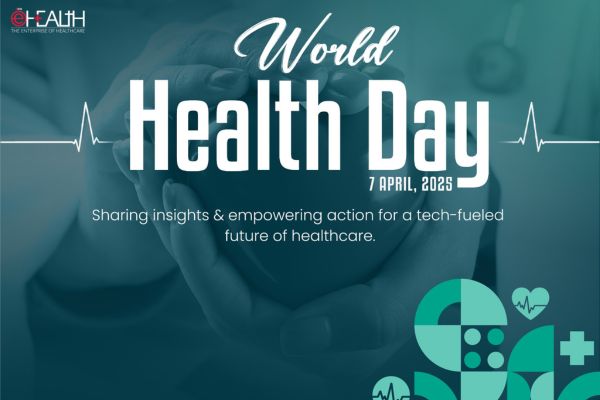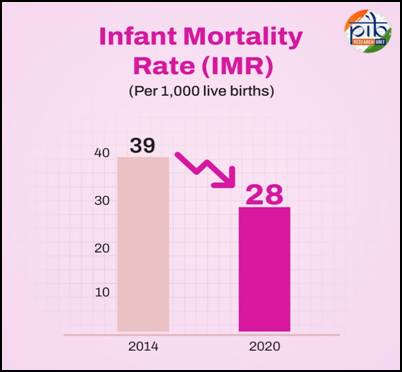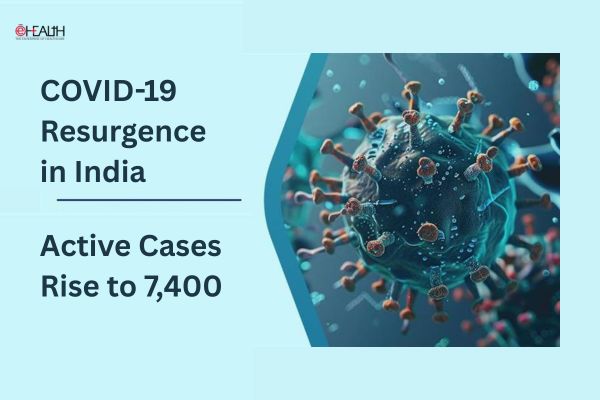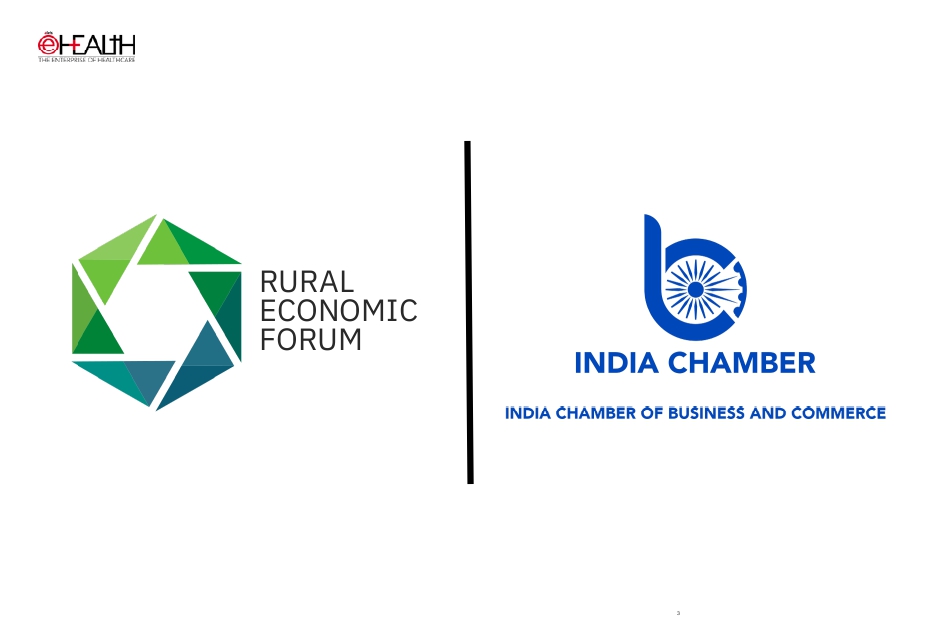
As the world observes World Health Day on April 7th, 2025, the focus on this year’s theme, “Healthy Beginnings, Hopeful Futures,” resonates deeply within India’s burgeoning healthcare landscape. This global initiative, spearheaded by the World Health Organization (WHO) since 1950, serves as a crucial platform to address pressing health challenges and galvanize collective action. For India, this year’s emphasis on maternal and newborn health aligns seamlessly with the nation’s ongoing commitment to strengthening its healthcare infrastructure and ensuring equitable access to quality care for all.
The past decade has witnessed a transformative journey in India’s health sector, driven by ambitious national initiatives and a steadfast commitment from the Government, as highlighted by Hon’ble Prime Minister Shri Narendra Modi’s unwavering focus on augmenting health infrastructure. Programs like Ayushman Bharat and the National Health Mission (NHM) have laid a robust foundation, demonstrably improving maternal and child health outcomes, expanding the reach of digital health, and strengthening the healthcare infrastructure and service delivery across the nation.

Significant Strides in Maternal and Child Health

India has made commendable progress in reducing maternal and child mortality rates, a testament to focused interventions and dedicated efforts.

- Maternal Mortality Ratio (MMR): A significant decline from 130 (2014-16) to 97 (2018-20) per 1,00,000 live births, representing a 33-point reduction. Over the last three decades (1990-2020), India has witnessed an impressive 83% decrease in MMR, far outpacing the global average reduction of 42% during the same period.


- Infant and Child Mortality: Similarly, India has achieved notable reductions in infant mortality rate (IMR) from 39 (2014) to 28 (2020) per 1,000 live births, neonatal mortality rate (NMR) from 26 (2014) to 20 (2020) per 1,000 live births, and under-five mortality rate (U5MR) from 45 (2014) to 32 (2020) per 1,000 live births.

These achievements are underpinned by targeted interventions aimed at improving maternal health and supporting pregnant women, including:

- Maternal Death Surveillance and Response (MDSR): A crucial mechanism for identifying the root causes of maternal deaths and implementing corrective measures at both facility and community levels.
- Mother and Child Protection (MCP) Card & Safe Motherhood Booklet: Empowering pregnant women with essential knowledge on nutrition, danger signs, and available government schemes.
- Reproductive and Child Health (RCH) Portal: A digital platform ensuring timely and comprehensive care for pregnant women and newborns.
- Anaemia Mukt Bharat (AMB): Addressing anaemia through testing, treatment, and preventive measures.
- Birth Waiting Homes (BWH): Enhancing access to institutional deliveries in remote and tribal areas.
- Village Health, Sanitation & Nutrition Day (VHSND) & Outreach Camps: Extending vital maternal and child health services to underserved populations.
Also Read :- World Health Day 2025: Robotic-Assisted Surgeries Can Help Reduce India’s Growing Disease Burden, Say Experts
Expanding Access and Ensuring Quality
Beyond specific maternal and child health programs, India is committed to widening access to quality healthcare services across the board. The Ayushman Arogya Mandirs (Health & Wellness Centres) stand as a testament to this commitment, with over 1.76 lakh active centres providing comprehensive primary healthcare as of April 5th, 2025. These centres have conducted over 107 crore screenings for hypertension and 94.56 crore screenings for diabetes, alongside promoting wellness through activities like yoga. Furthermore, over 17,000 government health facilities have achieved National Quality Assurance Standards (NQAS) certification, signifying a strong focus on patient-centric care.
Leveraging the Power of Digital Health
India is strategically harnessing the potential of digital technology to revolutionize its healthcare ecosystem. The Ayushman Bharat Digital Mission (ABDM) is creating a unified digital infrastructure to seamlessly connect patients, providers, and systems. The progress under ABDM is significant, with over 76 crore Ayushman Bharat Health Accounts (ABHA) created, over 5.95 lakh verified healthcare professionals and 3.86 lakh verified health facilities registered, and more than 52 crore health records linked.
Other key digital health interventions include:
- U-WIN: Streamlining and tracking immunization for pregnant women and children, with significant beneficiary registration and vaccine administration recorded.
- eSanjeevani: India’s National Telemedicine Service, which has emerged as the world’s largest telemedicine platform for primary care, serving over 36 crore patients through remote consultations and onboarding a vast network of healthcare providers.
Moving Towards Affordable Health Coverage for All
The multifaceted initiatives undertaken by the Government of India, as highlighted in the provided information, demonstrate a clear and unwavering commitment to strengthening the nation’s healthcare system. By focusing on “Healthy Beginnings, Hopeful Futures,” India is not only addressing immediate health concerns but also building a resilient healthcare infrastructure that prioritizes equity, accessibility, and quality for all its citizens.
As World Health Day 2025 serves as a global reminder, India’s progress offers valuable lessons and opportunities for collaboration within the international healthcare community, driving us closer to a healthier future for all.
Be a part of Elets Collaborative Initiatives. Join Us for Upcoming Events and explore business opportunities. Like us on Facebook , connect with us on LinkedIn and follow us on Twitter , Instagram.
"Exciting news! Elets technomedia is now on WhatsApp Channels Subscribe today by clicking the link and stay updated with the latest insights!" Click here!
















